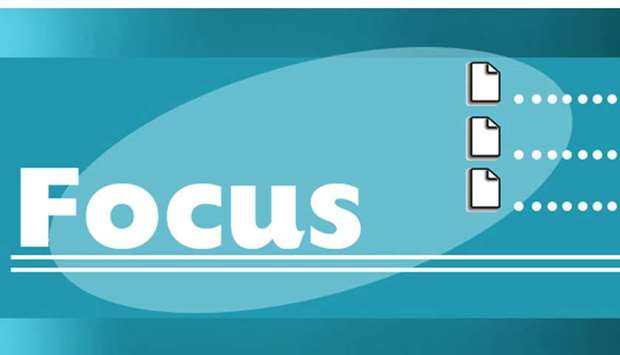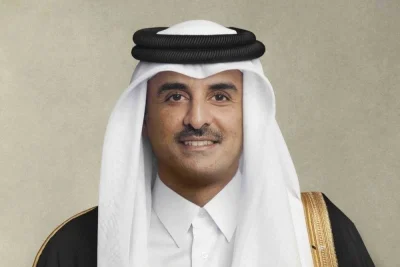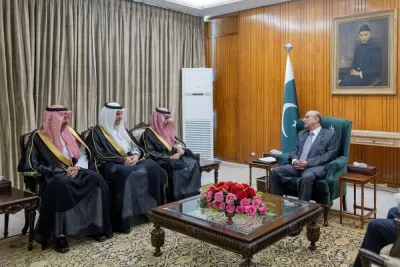Saudi Arabia has detained more preachers and scholars, activists have said, days after the reported arrest of more than 20 individuals, including prominent Saudi intellectuals.
Activists circulated lists of people detained on social media showing the number had risen to around 30 on Wednesday, including some with no clear links to Islamist activity or obvious history of opposition.
The reports came as Saudi state news agency SPA said the authorities were uncovering "intelligence activities for the benefit of foreign parties" by an unnamed group of people. It did not comment on the reported arrests.
On Sunday, online activists said up to 20 influential Saudi preachers and religious scholars had been arrested, including some of the kingdom's most influential preachers.
Activists dedicated to monitoring and documenting what they describe as "prisoners of conscience" reported on social media on Tuesday that at least eight prominent figures, including clerics, academics, television anchors and a poet, had been "confirmed" detained since Monday.
ALQST, a London-based Saudi rights group, also reported more arrests, including several of the same people, although it gave no specific figure.
"[Salman] Al-Awdah, [Awad] al-Qarni, Farhan al-Malki and Mostafa Hassan [are confirmed]," said Yahya al-Assiri, ALQST head, referring to four of those reported to have been arrested.
"The rest are also correct, but I don't have any specific information," he added.
Saudi officials could not be reached for comment.
A Saudi security source told Reuters that the suspects were accused of "espionage activities and having contacts with external entities including the Muslim Brotherhood", which Riyadh has classified as a "terrorist" organisation.
The Doha-based International Union of Muslim Scholars (IUMS) condemned the initial reported arrests late on Monday.
The group linked them to the Gulf crisis and urged Saudi King Salman bin Abdulaziz to order their release.
Among those reportedly arrested was Salman al-Awdah, a prominent Muslim preachers and member of the IUMS' board of trustees.
IUMS said the scholars "should not be used as pawns in political disputes", referring to the crisis between Qatar and four other Arab states - Saudi Arabia, the UAE, Bahrain and Egypt.
The reports came as Saudi state news agency SPA said the authorities were uncovering "intelligence activities for the benefit of foreign parties" by an unnamed group of people. It did not comment on the reported arrests.
On Sunday, online activists said up to 20 influential Saudi preachers and religious scholars had been arrested, including some of the kingdom's most influential preachers.
Activists dedicated to monitoring and documenting what they describe as "prisoners of conscience" reported on social media on Tuesday that at least eight prominent figures, including clerics, academics, television anchors and a poet, had been "confirmed" detained since Monday.
ALQST, a London-based Saudi rights group, also reported more arrests, including several of the same people, although it gave no specific figure.
"[Salman] Al-Awdah, [Awad] al-Qarni, Farhan al-Malki and Mostafa Hassan [are confirmed]," said Yahya al-Assiri, ALQST head, referring to four of those reported to have been arrested.
"The rest are also correct, but I don't have any specific information," he added.
Saudi officials could not be reached for comment.
A Saudi security source told Reuters that the suspects were accused of "espionage activities and having contacts with external entities including the Muslim Brotherhood", which Riyadh has classified as a "terrorist" organisation.
The Doha-based International Union of Muslim Scholars (IUMS) condemned the initial reported arrests late on Monday.
The group linked them to the Gulf crisis and urged Saudi King Salman bin Abdulaziz to order their release.
Among those reportedly arrested was Salman al-Awdah, a prominent Muslim preachers and member of the IUMS' board of trustees.
IUMS said the scholars "should not be used as pawns in political disputes", referring to the crisis between Qatar and four other Arab states - Saudi Arabia, the UAE, Bahrain and Egypt.



